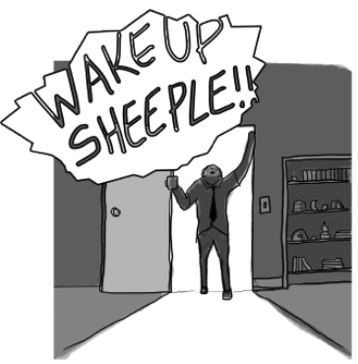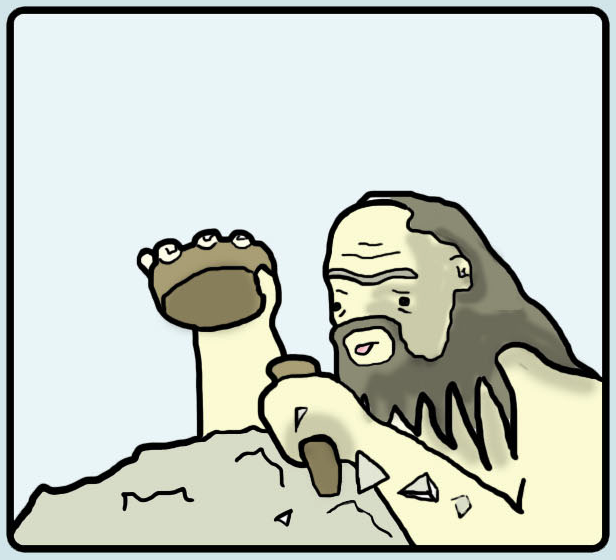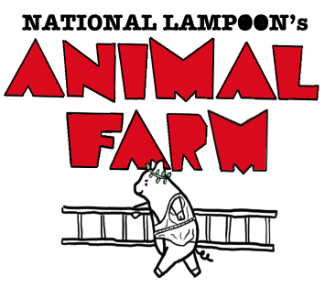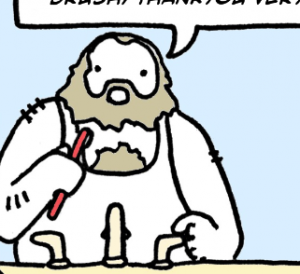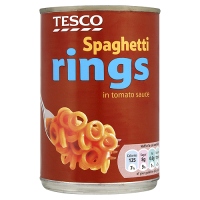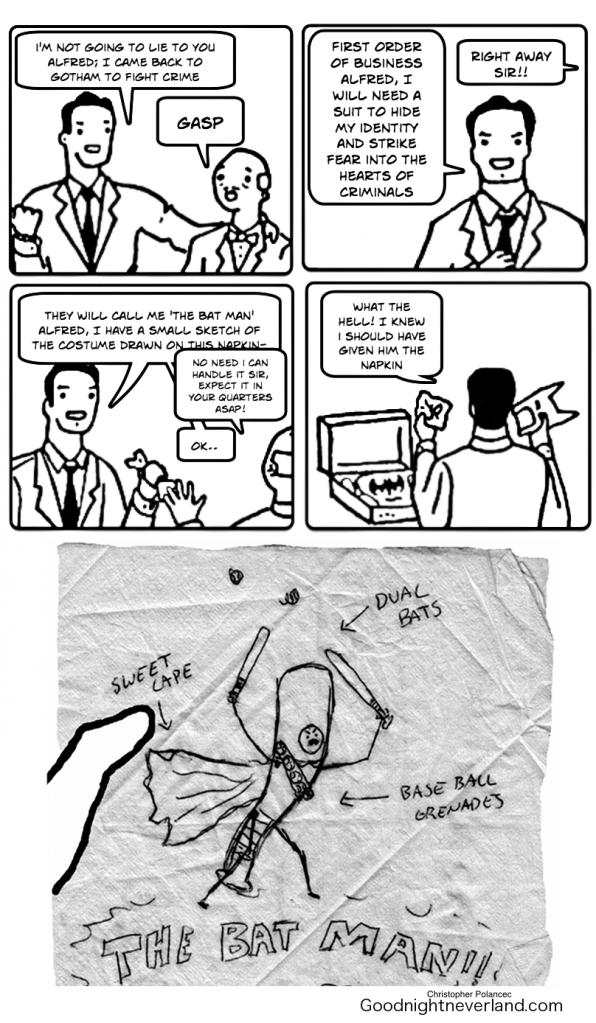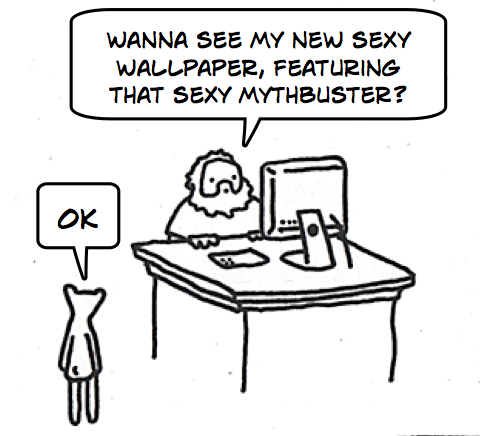A Fistful of Churro (or “Individually Wrapped, Microwaveable Denouementâ€)
III. BBW (D+D Free)
Aretha Franklin was a fat, fat woman with the right idea, asking for a little respect years before obesity became as common as chairs. I doubt she and Dr. King were concerned with fat-ass rights, but would nevertheless be surprised to learn people are judged less on the content of their character than the number of chins they have.
I’m gonna give one to the hardcore feminist element out there: ladies, you are far better at having your fatness held against you than men. If fat dudes are busy being a punchline, you are truly out back being tarred, feathered, cleaned up and tarred all over again into infinity, like a hungry hungry Sisyphus who shops at Pennington’s. The table is indeed tilted, but I am of the opinion that the majority of the incline comes from other women heaving your gut onto said table.
As a grown man raised by adolescent women, I feel I feel like I have reasonable authority to say that girls are sometimes goddamned horrible to each other. Often the picture of sorority, the velocity in which a group of women (especially the teenaged sort) can become a pack of rabid hyenas in yoga pants scares the hell out of me. For this, I blame Cosmopolitan Magazine and Dove soap.
Once an icon of Liberation politics, it’s now worse than a rag and is actively doing damage. The most intelligent women I know fawn over this masochistic monthly aneurism like it’s the King James, with all the shame of a someone picking up a Playboy “for the articlesâ€. With every cover stopping just short of calling bulimia “the economical option†and every feature reminding you just how heavy and alone you are, it’s a wonder there are any women out there who stop crying long enough to say they won’t go out with me.
Worse still is Dove soap. Not even original enough to come up with effective marketing campaigns, they just vied for the same voodoo magic that slaps women with mass (thats kilograms and extensive) discrimination and then picks them back up, strokes their ego and sells them a bar of palm oil. Because remember, all women are beautiful enough to buy their product, so long as they aren’t the ones harvesting the resources to make them for eleven cents a week. They aim to keep you in a grey zone. Too fat to be beautiful, but beautiful enough to stay fat. It’s a dignity fire sale and everything must go!
It gets worse, ladies and gentlemen. An entire plotline in the Denis Leary vehicle Rescue Me was devoted to a member of the firehouse being involved in the most fulfilling relationship of his life and being unable to tell his best friends lest they man the harpoons. Recent Oprah-bait indie-flick Precious lines the unfunny reality of an under-loved fat girl with a helping of morbid obesity to go along with her domestic abuse and boiled pig knuckles.
Movies and television take shots at you. Magazines seem to hate you. Music ignores you (with the notable Fat-bottomed and Big-butted exceptions). What about the opposite sex? Well, even I, your intrepid Malcolm XL, cannot profess preference for the pillowy-soft. If that sounds hypocritical, it’s because it is. In my defense, I learned what a gunt was when I around twelve and was raised by T.V. to fear what looks like a butt on the wrong side of a pelvis. What the eye does not admire, the heart does not desire, I’m afraid. I am as afflicted as those lingerie shopping at the Hammock Depot. I think even Hank Moody would think twice.
Bleak? Not in the slightest. We can change it ladies. We just have to throw our bellies over our shoulder like a continental soldier and say “noâ€. Don’t accept being cast as the “fat friend†and the “uppity cock blockâ€. Stop buying that which would keep you down.
And most importantly, stop the chorus of “sock it to meâ€.
IV. The Dom DeLuise Curve
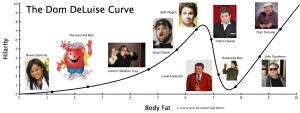
Click To Embiggen
Fat people are always funny. Funny and smart. Sort of. Sometimes. Like spots on a leopard, or (more accurately) the way three-toed sloths just let lichen and moss grow on their fur. Camouflage is used to distract a predator from the prey beneath it, and that’s why your token fat friend is constantly cracking jokes about Liza Menelli and his ass.
As you can see from the chart, the fatter you are, the funnier you are/have to be. Then, there is a giant valley where you are both fat and not very funny. Your being fat is funny, but now people are laughing at your rolls and not your anecdotes an mannerisms. This is doing it wrong. Louie Anderson is doing it wrong, as is Roseanne Barr (but oddly not John Goodman). Notable exceptions to this chart are Seth Rogen circa 2009 (who is still kind of funny but was in a couple of downer movies) and Margaret Cho (who got skinny and was never funny to begin with). If the chart extended all the way to heaven you would find Belushi and Farley towering above it, their laughter causing great ripples in their fat, showering us mortals with doughnuts and cocaine.
The logic, I guess, is that it’s hard to put down someone when they are shoving some rapier wit down your throat. It’s a life spent on defense and the only thing our parents could recommend was to laugh with them when they laugh at you. There is a lot of wisdom in that. It’s very disarming to stare someone dead in the eyes and laugh like a lunatic when they call you portly. Act like the Joker just sprayed you with novocaine and they may never talk to you again. The same could likely be achieved with a smart head-butt to the bridge of their nose too, but it all depends on your goals I suppose.
To explain this better to you, oh skinny audience, is to go back and watch 8 Mile. Eminem knew if he beat his audience over the head with verbal schadenfreude his hip-hop antagonist would have no rhymes to roast him with. And it worked. And then he won an Oscar. It is what it is.
V. Crotch Erosion (and The Fat Man Tug)
The easy way to find out if people think they’re fat is to watch their mannerisms. Even skinny people sometimes think they’re fat, and they do some of the same things: constant checking of mirrors out of a lack of confidence and not vanity, self-deprecation in the hopes that someone will pay them a compliment, eating to excess. That last one is, again, counter-productive, but indicative of the turmoil.
One thing I have observed is the Fat Man Tug. Cellulose is not gender specific, but Fat Man Tug rolls off the tongue better than Overweight Person Tug, and doesn’t sound near as sexual. The Fat Man Tug is the almost neurotic propensity for a fat person to tug at the bottom of whatever article of clothing they currently have attached to their torso. Much like the act and ritual of lighting a cigarette is integral to the experience, the familiar action ensures no jersey cotton is stuck between rolls and to look down on a shirt being tugged for an instant gives the illusion of weight loss. The fabric will relax back into it’s shape, but for that instant it gives the Tugger a flat stomach. If this sounds pathetic it’s because it kind of is.
Another is Crotch Erosion. The number one cause of pant turnover and friction burn in the obese is the rubbing action of oversized thighs. Like two holiday hams trying to light a fire after being stranded on a flabby island, this action will plague a fat person and eventually lead them towards tights, pantyhose and briefs as a matter of comfort and economics. Every pair of pants I have ever owned has worn out in this fashion, and walking in the summer time is met with a similar reaction to someone asking me if they could pour magma onto my nethers.
This really doesn’t go anywhere, but now you’re thinking about my crotch, which is funny to me.
VI. Outbound Pachyderm
It was inevitable that there would be a time where I would stop pretending this was all about me. The fact is this project has been all about discrimination based on a ridiculous (and hilarious) physical attribute. Because they’re all ridiculous. Fat, skinny, red, white, yellow, black, purple, Objectivist, Juggalo and Communications Major. All silly little things dividing us and making sure we lose sight of the fact that we’re all human (or possibly Cylon). People embattled against each other will always be soldiers in a very profitable war. It’s particularly arrogant to believe that any such characteristic is diminishing because that makes it unique. Do you think fat people are a new thing? Do you think they were always inferior?
I have purposely avoided conclusions in the run this project because there never will be one and conclusions are hard and require thought and hard work. Be it political, racial, fashion-forward or ass-backwards people will always find a way to separate and disparage others. It’s a big game, an Algonquin Round Table of suck and hate and one-upmanship that nobody is winning.
I end nearly all of these with a fist in the air, a call to rally around kindness and tolerance and blah blah blah. Vigils and protests and petitions and calls to action never work because though the fat might be the embodiment of sloth, this is only the application of a general malaise to a visible (and I mean damn visible) group. It has to be individual. Choose to not think about whoever is around you in terms of difference, but in terms of what is the same.
I’ve lost 10 pounds since I started this project and I have never been hungrier.
